A high-fat “junk food” diet scrambles the brain’s memory hub in as little as four days—well before weight gain or diabetes appear—according to new mouse data that sharpen the science behind junk food memory risk. The rapid hit lands in the hippocampus, where specific inhibitory neurons misfire, degrading recall and spatial memory, and raising red flags for how quickly ultra-processed, fatty diets may erode cognition. Restoring brain glucose reversed the dysfunction, pinpointing a metabolic lever inside memory circuits [1][2][5].
Key Takeaways
– Shows memory circuits disrupted in 4 days: hippocampal CCK interneurons became hyperactive on a high‑fat diet before weight gain or diabetes emerged in mice [1][2][5]. – Reveals rapid impact in older brains: aged rats had memory deficits and brain inflammation after just 3 days of saturated‑fat eating, without metabolic changes [4]. – Demonstrates reversibility: restoring brain glucose or brief intermittent fasting normalized hippocampal neuron activity and improved performance on memory tasks [2][5]. – Indicates a metabolic mechanism: manipulating PKM2 in glucose‑inhibited CCK interneurons corrected abnormal firing and rescued cognition in mouse models [1][5]. – Suggests broader behavioral stakes: silencing memory‑linked hippocampal neurons reduced sugar intake and obesity in mice, tying memory to cravings (April 17, 2025) [3].
How junk food memory changes so fast in the hippocampus
The hippocampus serves as the brain’s memory hub, integrating signals to form and retrieve memories. In the new work summarized by UNC and ScienceDaily on September 29, 2025, mice placed on a high‑fat “junk food” regimen showed marked disruption of hippocampal circuits within four days, implicating a specific class of inhibitory cells—cholecystokinin (CCK) interneurons—as unusually vulnerable to diet-induced metabolic stress [1].
The culprit is not calories alone but how those calories starve the circuit of usable fuel. The study identified glucose-inhibited CCK interneurons that became abnormally active on fatty diets, throwing off the balance of excitation and inhibition needed for encoding and recall. The result was measurable impairment on hippocampus-dependent memory tasks even before the animals gained weight or developed insulin resistance [2][5].
Critically, the timeline matters. Four days lies within a single long weekend—short enough to matter for real-world eating patterns. The research team reports that normalizing glucose availability in the brain restored CCK interneuron function and improved memory task performance, indicating the dysfunction is acute, metabolic, and reversible—at least in early windows [1][2][5].
This rapid disruption reframes junk food memory risk from a slow-burn, years-long consequence to a near-immediate physiological sensitivity. The findings argue that the hippocampus can register a “metabolic shock” from high‑fat intake long before standard clinical markers or body weight capture a problem [1][2].
Inside the mechanism: CCK interneurons, PKM2, and glucose
CCK interneurons modulate hippocampal circuit timing and precision. In the Neuron paper (August 2025), researchers showed that these interneurons are glucose‑inhibited, meaning their firing rates rise when local glucose falls—an inversion that becomes dangerous if diet skews brain fuel supply. On a fatty diet, these cells over-fired, disrupting the rhythm needed for memory consolidation [2][5].
Two lines of evidence pinpoint the mechanism. First, directly restoring glucose to brain tissue normalized the CCK interneurons’ activity and rescued memory performance, linking fuel availability to circuit stability. Second, manipulating pyruvate kinase M2 (PKM2)—a key glycolytic regulator—corrected the abnormal firing patterns and prevented cognitive impairment, highlighting a tractable metabolic target inside the memory network [1][5].
These results align with broader metabolic-brain research suggesting that the hippocampus is unusually sensitive to shifts in energy supply. The work elevates PKM2 and glucose handling as testable levers for protecting memory during diet stress and suggests that fasted states—which transiently reprogram neuronal metabolism—may counteract junk food–induced misfiring in the short term [2][5].
Evidence across models: rapid deficits and the memory–craving link
The rapidity is not unique to one lab. In an Ohio State study, aged rats experienced measurable memory impairment and neuroinflammation after only three days of saturated‑fat intake—again without systemic metabolic changes—underscoring how short-term dietary shifts can disturb cognition, particularly in vulnerable brains [4].
A separate body of work ties hippocampal memory encoding to food seeking. National Geographic’s reporting describes mouse experiments where silencing specific hippocampal neurons reduced sugar intake and protected against obesity, linking the memory of calorie-rich foods to cravings and compulsive consumption. This memory–craving loop means that when junk food perturbs hippocampal circuits, it may also alter how strongly we remember and seek high-calorie options, potentially compounding diet cycles over time [3].
Together, these strands strengthen the case that high‑fat, ultra‑processed eating can affect memory circuits within days while also reshaping food motivation, a one-two punch that could accelerate unhealthy patterns well ahead of measurable weight gain [3][4].
What this means for human risk and daily diets
These findings come from controlled animal models, not human clinical trials. Yet the dietary patterns used were designed to mimic Western junk food—high in fat and ultra‑processed components—and the time windows are alarmingly short. In mice, four days was sufficient to impair hippocampus-dependent memory; in aged rats, three days were enough to trigger deficits and inflammation [1][4].
For translation, two points stand out. First, memory circuitry appears acutely responsive to diet composition, suggesting that weekly swings toward high‑fat, processed foods could create repeating windows of vulnerability. Second, the absence of immediate weight gain or diabetes in these models means standard health markers may miss early brain effects, arguing for caution even during short “cheat” stretches [2][4].
Importantly, reversibility was demonstrated in mice: restoring brain glucose and brief intermittent fasting both normalized neural activity and improved performance. While not clinical recommendations, these results flag metabolic flexibility as a possible protective strategy for the hippocampus and justify trials that test diet timing, composition, and glucose dynamics in humans [2][5].
Junk food memory: questions, limitations, and what’s next
Open questions remain. Do the same glucose-sensitive interneuron changes occur in human hippocampus on comparable timelines? How do age, sex, and metabolic status modulate risk? And which elements of “junk food”—saturated fat, additives, emulsifiers, or combinations—most strongly drive the effect? The animal studies establish biological plausibility and tight timing, but human validation will require carefully controlled feeding studies with neuroimaging and cognitive endpoints [1][2][5].
Mechanistically, the PKM2 link offers a foothold for intervention research. If targeting glycolysis can stabilize hippocampal circuits under dietary stress, precision nutrition or pharmacologic modulators could protect memory function during periods of high-fat intake. Any such approach must be tested for safety and durability, since chronic manipulation of neuronal metabolism could carry tradeoffs [1][5].
The memory–craving connection also merits deeper study. If hippocampal activity patterns help encode the salience of calorie‑dense foods, then diet-induced misfiring might not only impair recall but also bias future eating decisions, creating feedback loops that intensify exposure to the very diets that disrupt the circuit [3].
Methods behind the findings—and why they matter
The Neuron study combined behavioral testing, electrophysiology, and molecular assays to triangulate the effect: memory performance fell; CCK interneuron firing shifted; and metabolic pathways, including PKM2, tracked with the dysfunction. Crucially, interventions that restored glucose handling corrected each layer of evidence, strengthening causal inference rather than mere correlation [5].
The UNC team and affiliated reports emphasized speed and specificity: a particular interneuron subtype in the hippocampus was singled out as a weak link under high‑fat stress. This level of circuit precision explains how cognition can change before broader physiology shifts, and why short “diet mistakes” might have outsized effects on memory-dependent tasks like spatial navigation or episodic recall [1][2].
Outside corroboration from the Ohio State work adds age sensitivity to the story. Older brains may enter diet-induced inflammatory states faster, amplifying cognitive effects from the same high‑fat exposure that younger animals tolerate transiently. That heterogeneity will matter for human risk profiling as researchers design studies across age groups [4].
Practical implications without overpromising
While mouse and rat findings cannot dictate human behavior, several practical guardrails emerge. Avoid stacking multiple consecutive days of high‑fat, ultra‑processed meals, because the hippocampus may begin to misfire within a long weekend. Prioritize meal patterns that support stable glucose availability to the brain—an inference supported by the reversibility data—until human trials clarify optimal macronutrient timing [2][5].
For those concerned about junk food memory risk, the most conservative approach is to minimize saturated‑fat-heavy, highly processed foods and consider spacing indulgences to allow metabolic reset, rather than concentrating them into short bursts. Researchers found intermittent fasting normalized hippocampal activity in mice; until clinical studies confirm, it signals that brief, structured breaks from intake can shift neuronal metabolism in brain-protective directions [2].
Finally, watch for early cognitive signals—subtle lapses in recall or attention—during periods of higher-fat eating, especially for older adults. The science suggests the brain may be the first organ to register dietary strain, not the last [4].
Junk food memory science in context
The September 29, 2025 UNC summary and the August 2025 Neuron paper converge on a core message: diet composition can rewire memory circuits on a timescale of days, and that rewiring is metabolic, targeted, and at least initially reversible. The April 17, 2025 National Geographic coverage of memory’s role in food seeking widens the lens, reminding us that memory and appetite are entangled, so diet can influence cognition and cravings in tandem [1][2][3][5].
This junction—metabolism, memory, and motivation—will likely guide the next wave of human research. Expect protocols that toggle macronutrient balance and timing while tracking hippocampal network dynamics via EEG or fMRI, alongside cognitive batteries sensitive to early recall changes. Rapid effects in animals create a testable hypothesis in humans: does a long weekend of high‑fat eating measurably dial down hippocampal performance, and can short, metabolic interventions dial it back up? [2][5]
Sources:
[1] ScienceDaily / UNC School of Medicine – Junk food can scramble memory in just 4 days: www.sciencedaily.com/releases/2025/09/250927031249.htm” target=”_blank” rel=”nofollow noopener noreferrer”>https://www.sciencedaily.com/releases/2025/09/250927031249.htm
[2] UNC Health Newsroom – Junk Food Puts Memory at Risk—Here’s How to Protect It: https://news.unchealthcare.org/2025/09/eating-junk-food-increases-risk-of-cognitive-decline-study-shows/ [3] National Geographic – How junk food outsmarts our brains—by hiding in our memories: www.nationalgeographic.com/health/article/junk-food-cravings-brain-memory” target=”_blank” rel=”nofollow noopener noreferrer”>https://www.nationalgeographic.com/health/article/junk-food-cravings-brain-memory
[4] Ohio State University / ScienceDaily – Memory is impaired in aged rats after 3 days of high‑fat eating: www.sciencedaily.com/releases/2025/03/250306153043.htm” target=”_blank” rel=”nofollow noopener noreferrer”>https://www.sciencedaily.com/releases/2025/03/250306153043.htm [5] Neuron (journal) / PubMed – Targeting glucose‑inhibited hippocampal CCK interneurons prevents cognitive impairment in diet‑induced obesity: https://pubmed.ncbi.nlm.nih.gov/38436653/
Image generated by DALL-E 3
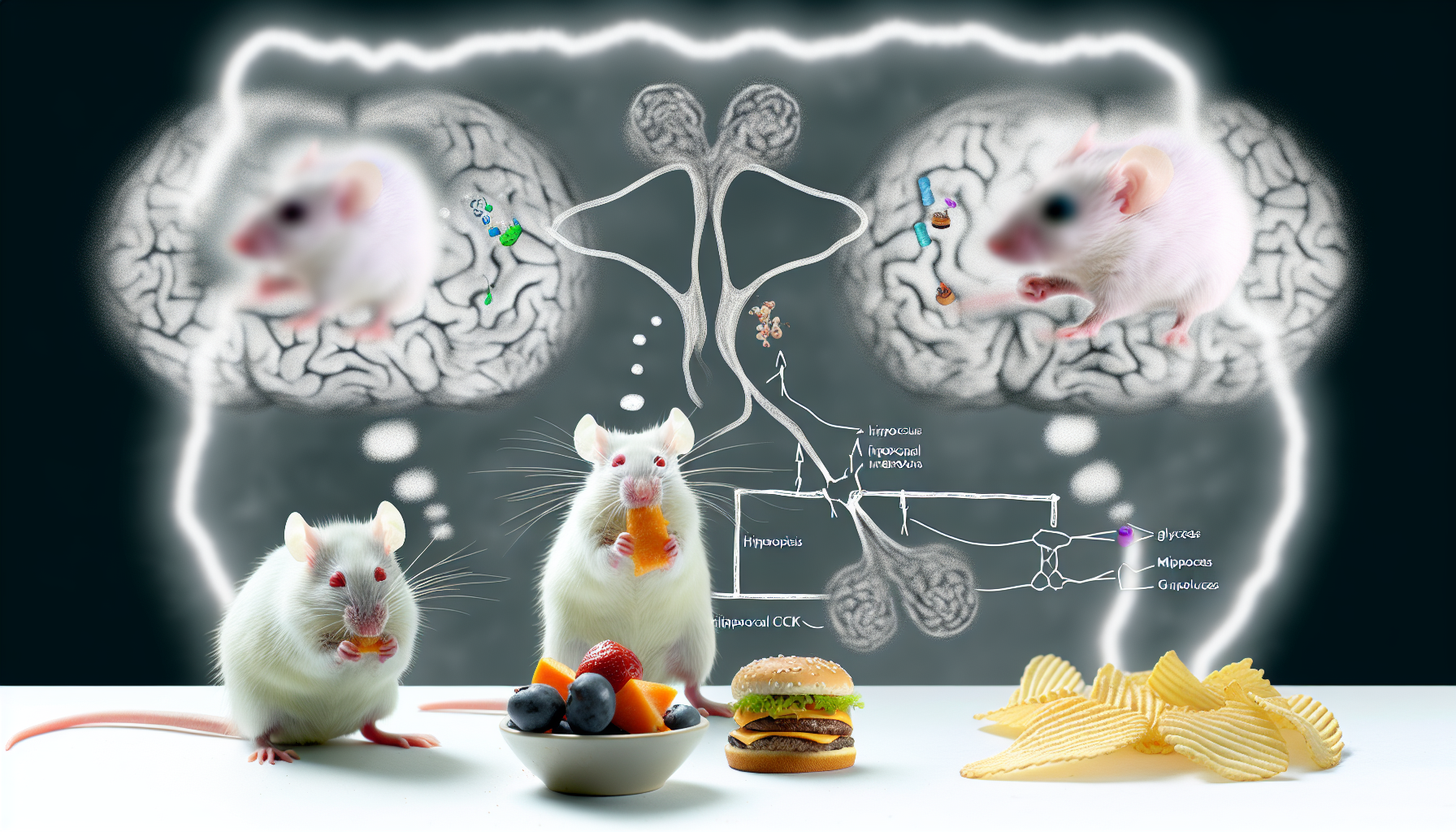


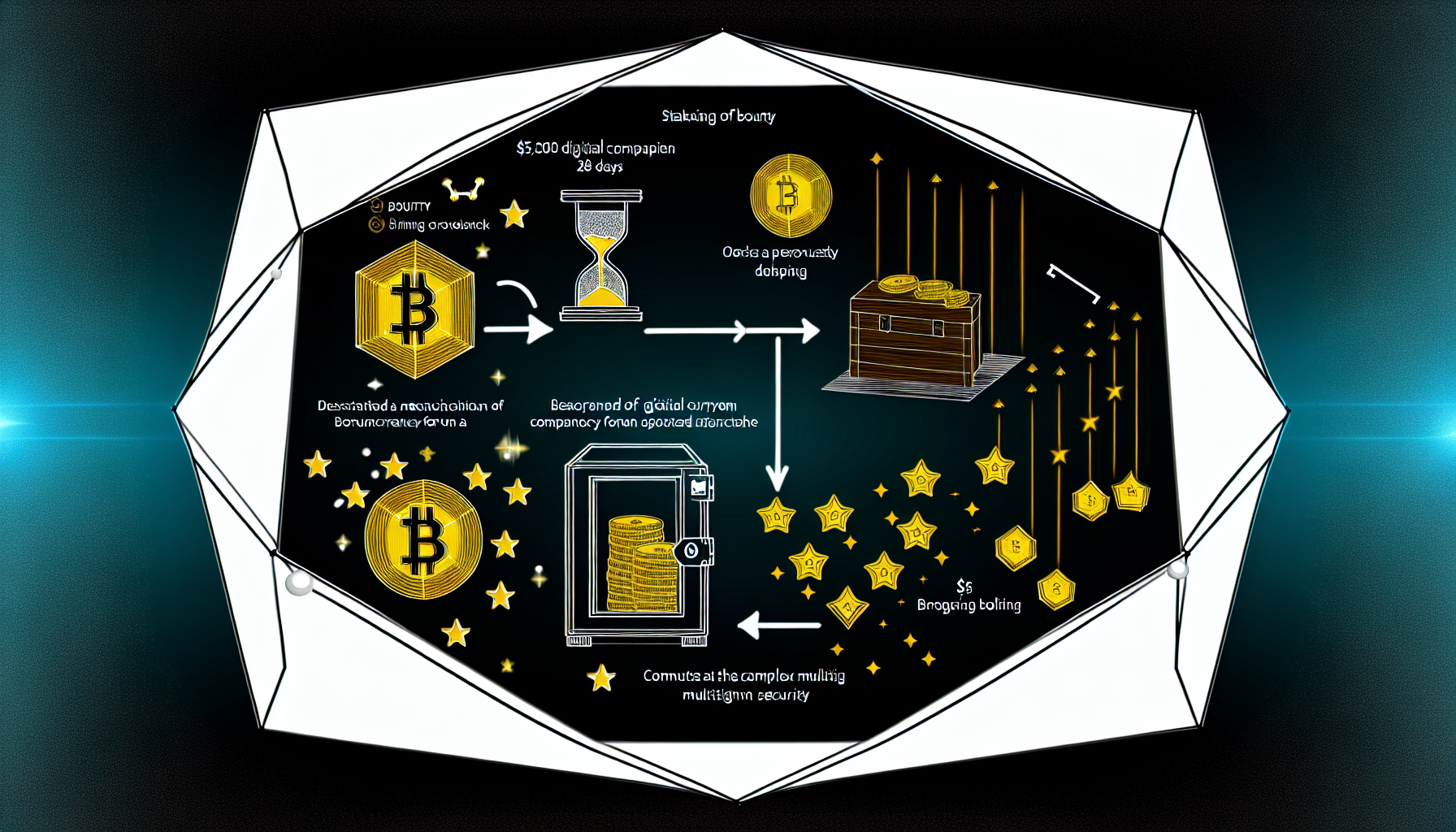
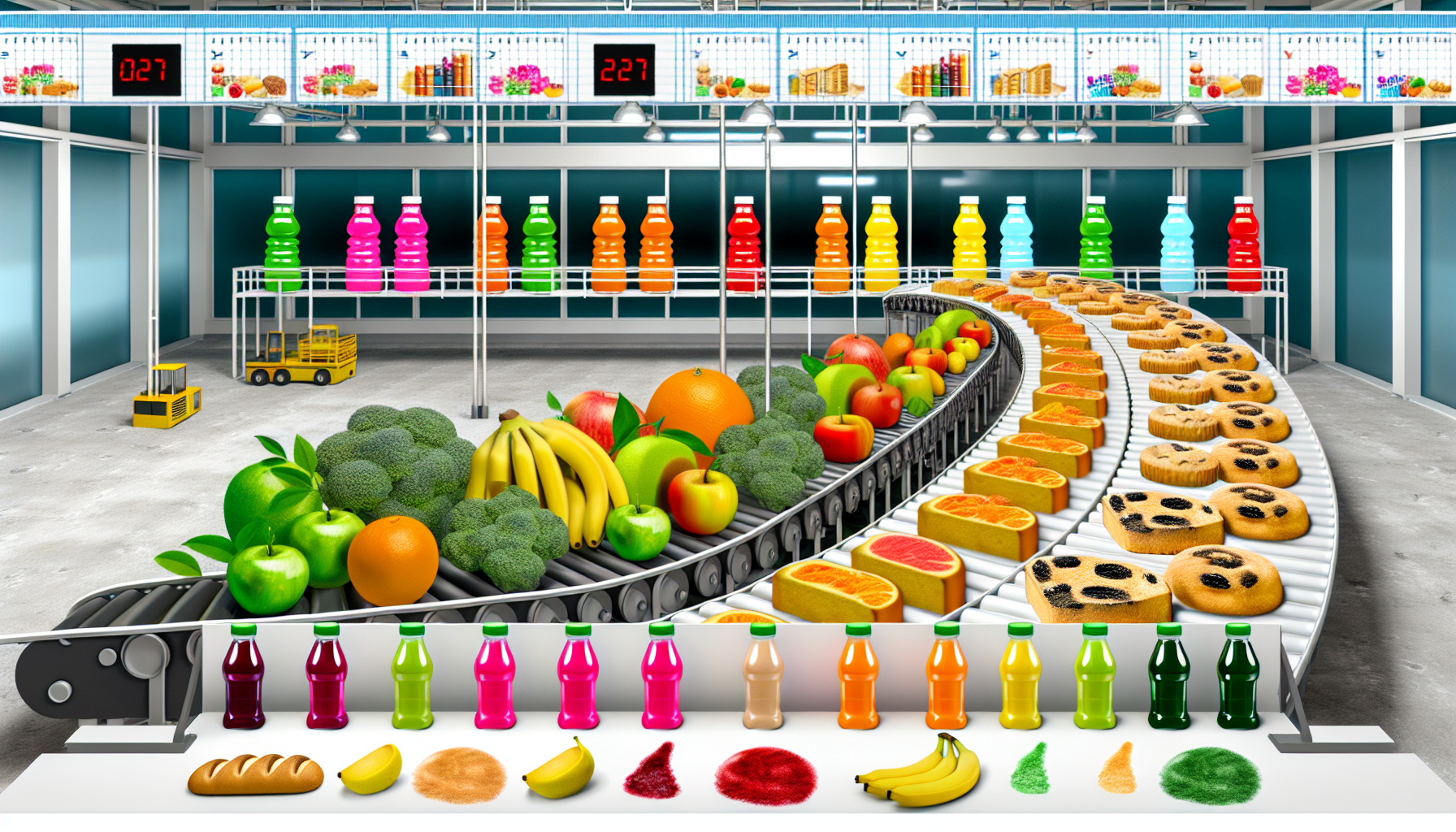
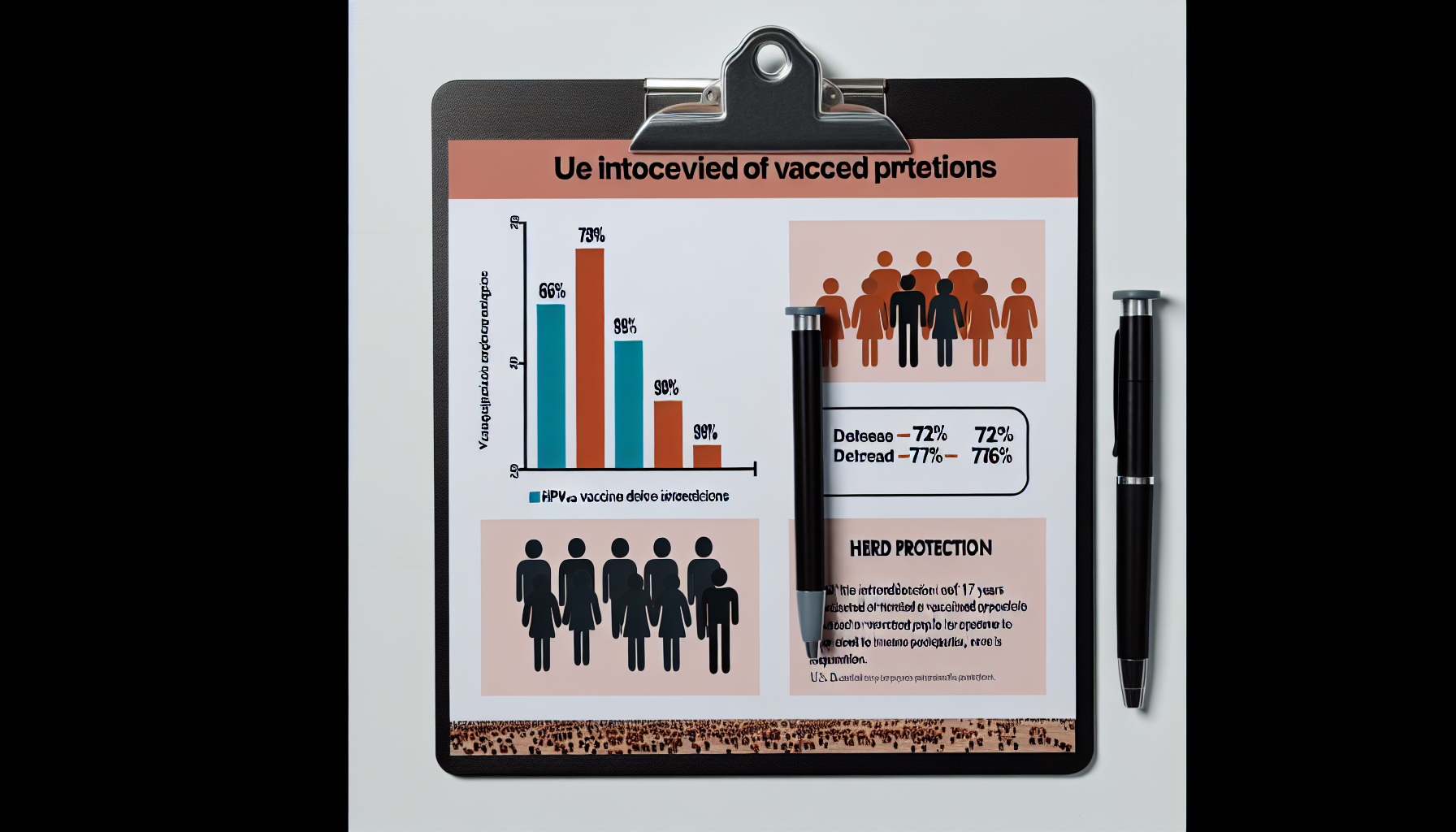
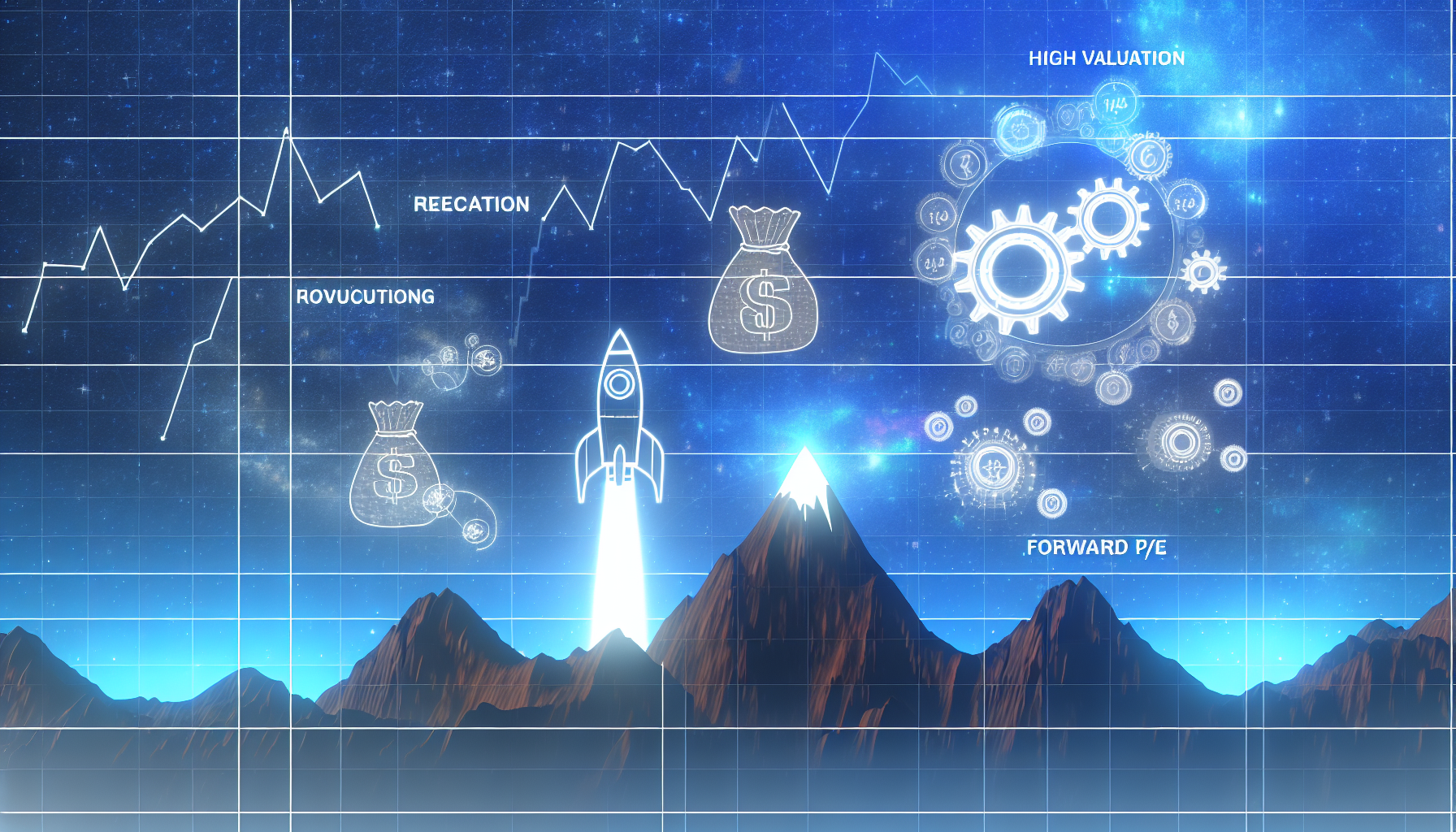

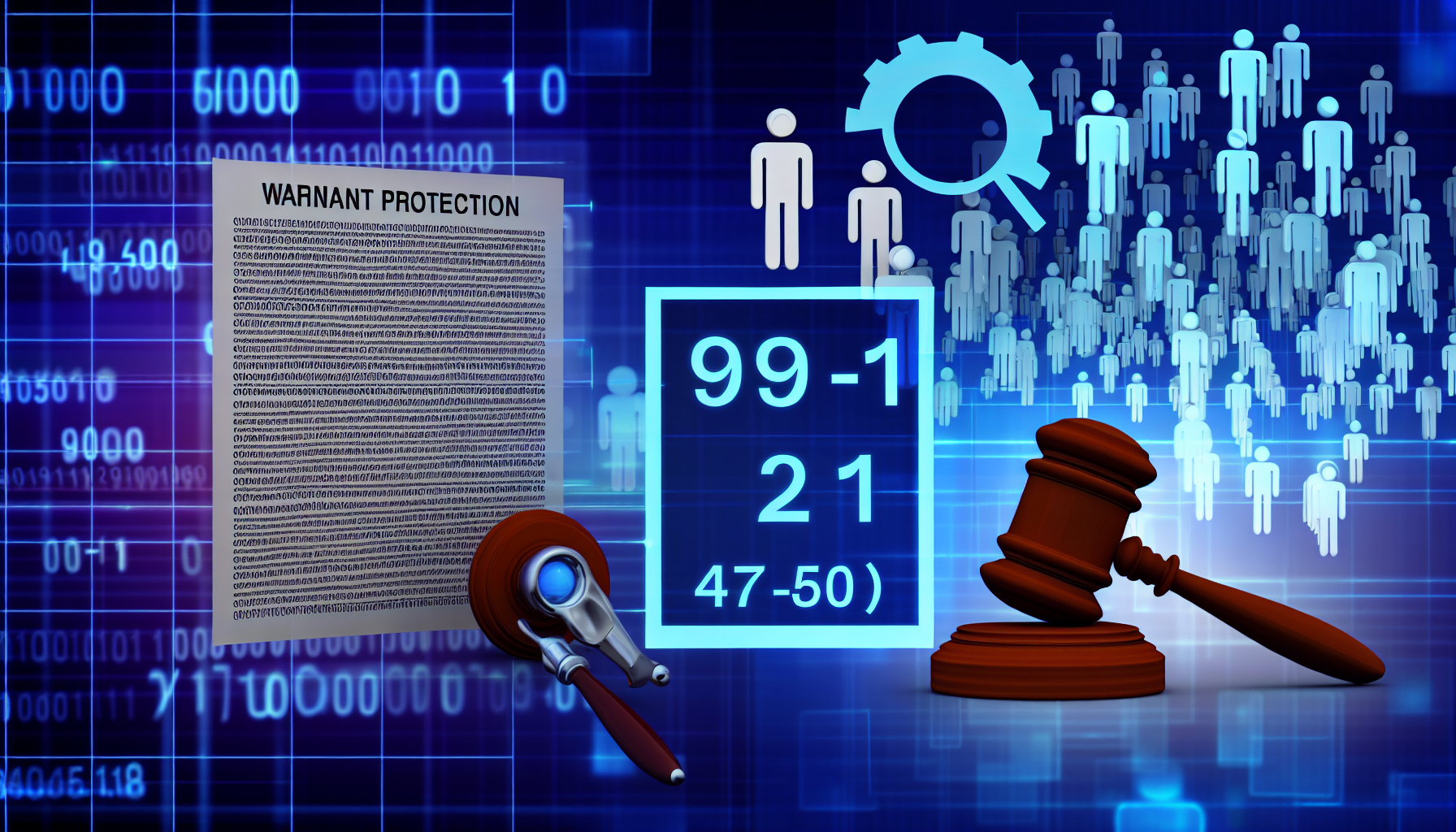
Leave a Reply